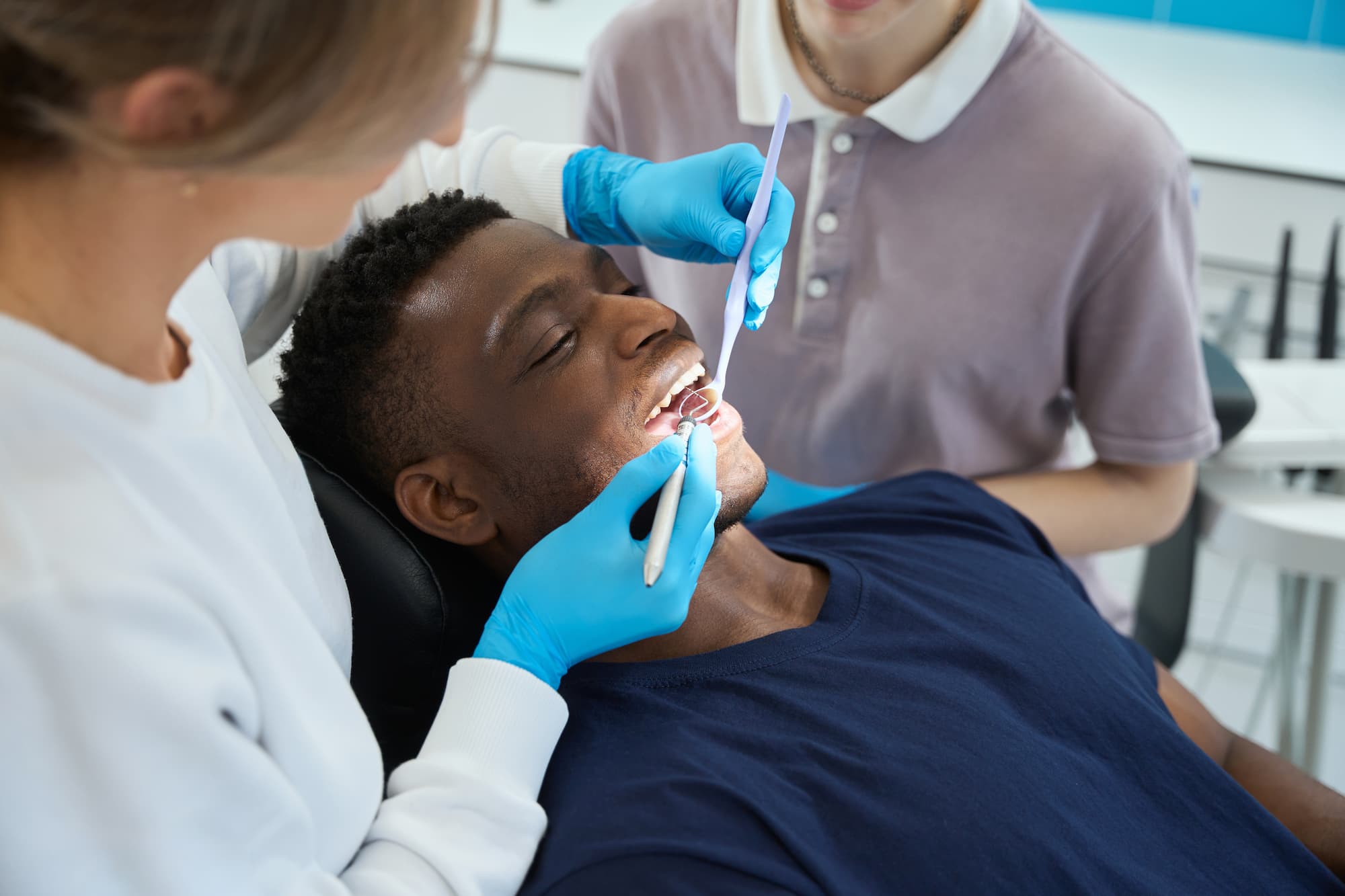Swift Solutions for Dental Emergencies: Newport’s Premier Family Dentist!
We understand that dental emergencies can occur unexpectedly, causing discomfort and anxiety. That’s why we prioritize accommodating emergency dental treatment for our patients. Our experienced team is equipped to handle a wide range of urgent dental issues, from severe toothaches to dental trauma. With our efficient scheduling system and dedicated staff, we strive to provide prompt care to alleviate pain, prevent further damage, and restore oral health. Whether it’s a knocked-out tooth, a broken filling, or a sudden infection, you can trust Newport Family Dentist to be there for you in your time of need. Your comfort and well-being are our top priorities, and we’re committed to delivering compassionate and effective emergency dental care to help you smile confidently again.
Our team goes the extra mile by fitting in patients last minute for emergency dental treatment, ensuring no one has to endure discomfort longer than necessary.
Emergency dental situations are those requiring immediate attention to alleviate severe pain, prevent further damage, or address a condition that poses a risk to oral health. Common examples of dental emergencies include:

Severe toothache
Pain or discomfort that originates from within a tooth or the surrounding gum and jawbone. It can vary in intensity from mild to severe and may be constant or intermittent. Toothaches can be caused by various factors such as decay, trauma, fractures, gum disease, impacted wisdom teeth or dental abscesses.
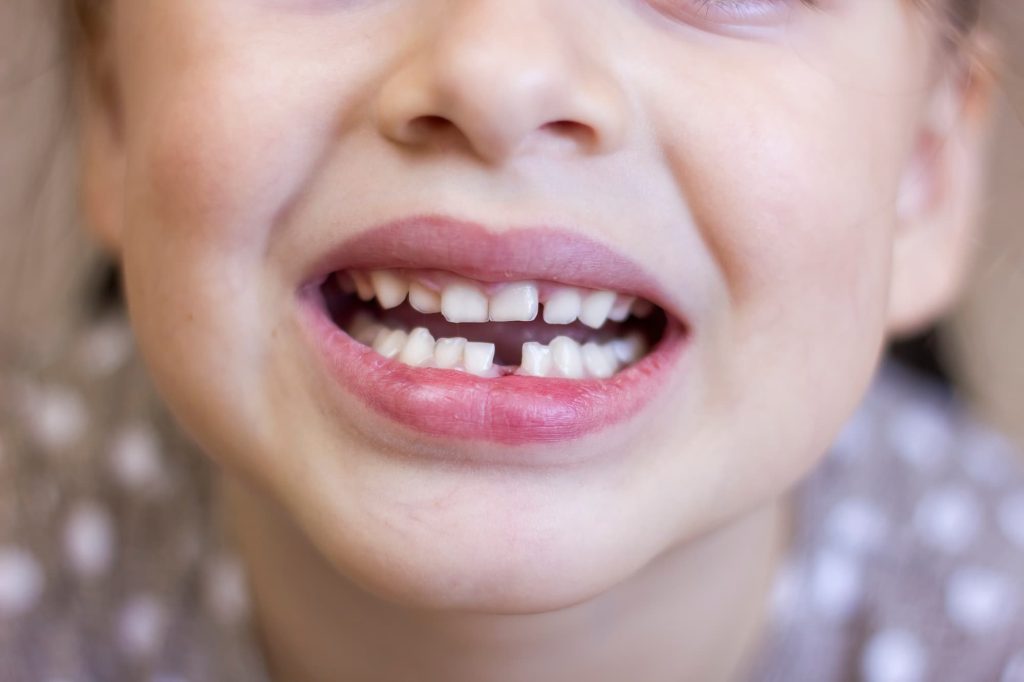
Trauma to the teeth or mouth
This includes injuries like knocked-out teeth, cracked or fractured teeth, or soft tissue injuries to the gums, lips, or cheeks. The first step is to stay calm in these situations. For a knocked out tooth, handle the top part only with care and place it in either your saliva, saline or milk container and seek dental treatment immediately. If you have a fractured tooth, treatment options may include dental bonding, a crown or root canal so if you experience any pain due to the fracture to take over-the-counter pain medication for temporary relief. If you have any soft tissue injuries, keep the area clean, make use of cold compresses to reduce swelling and place gauze to stop the bleeding.
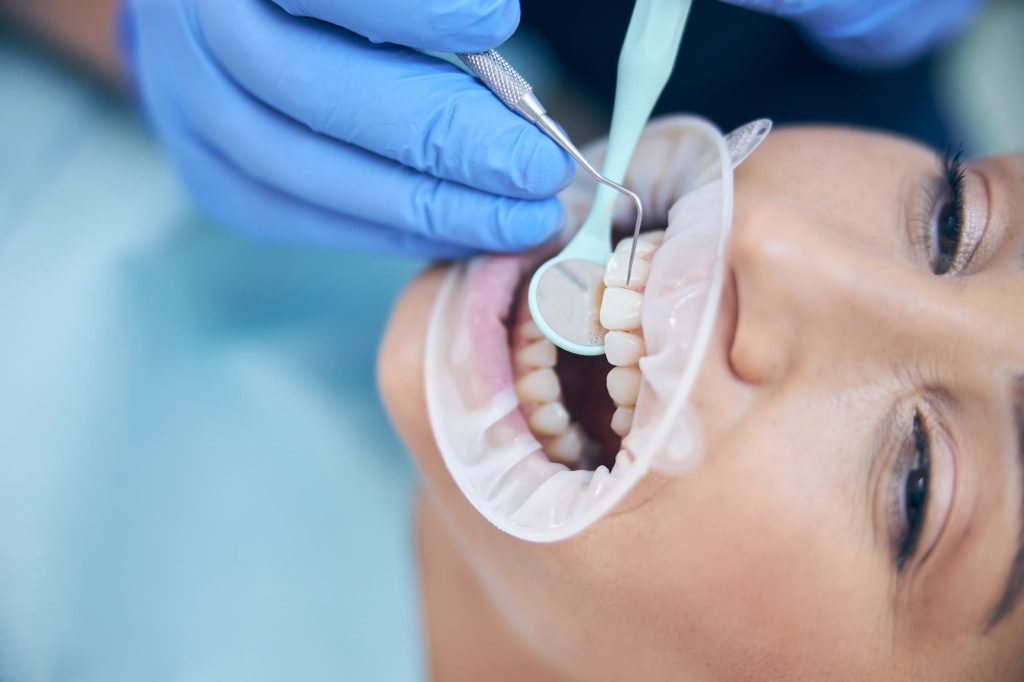
Lost dental restorations
Sometimes it is as easy as re-gluing a dislodged crown or repairing a broken filling if it has caused sensitivity and requires prompt replacement. Your dentist will advise you of your options upon consultation. In the interim, rinse your mouth with lukewarm water to remove any food particles or debris from the area where the restoration was lost. This helps prevent further irritation or infection. If you still have the lost restoration, examine it to see if it’s intact. If it’s broken or damaged, don’t attempt to reinsert it yourself. You can use dental wax or sugar free chewing gum to protect your soft tissue if the area is sharp and more importantly avoid chewing on that side and contact us immediately for further advice.
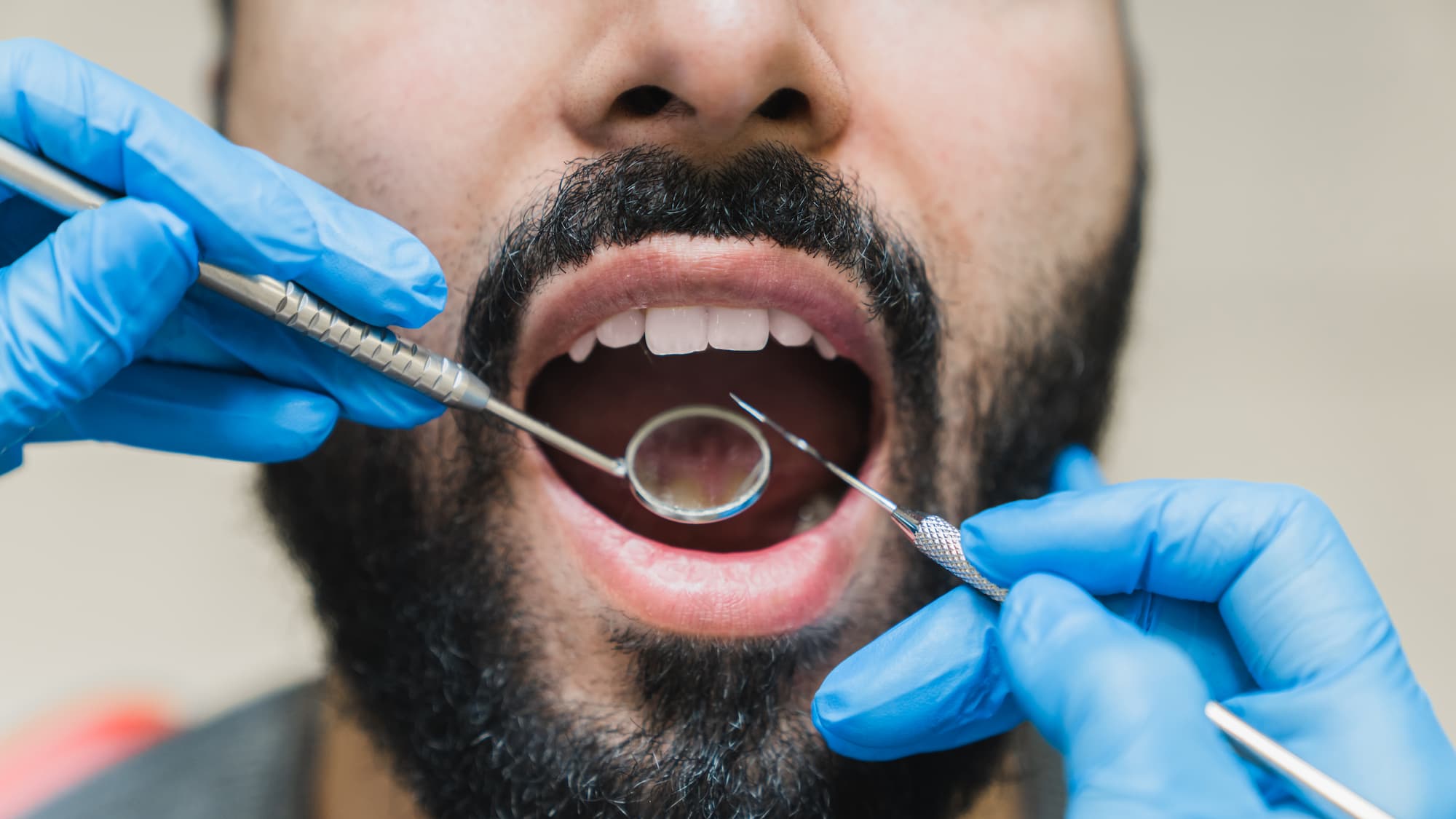
Abscesses or infections
A dental abscess is a painful infection that forms either inside the tooth (periapical abscess) or in the surrounding gum tissue (periodontal abscess). It typically results from bacterial infection, often as a complication of untreated tooth decay, gum disease, or dental trauma. Symptoms of a dental abscess may include severe toothache, swelling, redness, and pus drainage. General advice is to gently rinse your mouth with a warm salt water solution (1/2 teaspoon of salt dissolved in a cup of warm water) several times a day. This can help alleviate discomfort and reduce inflammation. Take over the counter pain relief and do not attempt to drain the abscess yourself. Avoid any irritating foods/drinks and maintain excellent oral hygiene.
Prompt treatment is crucial to prevent the infection from spreading and causing further complications.
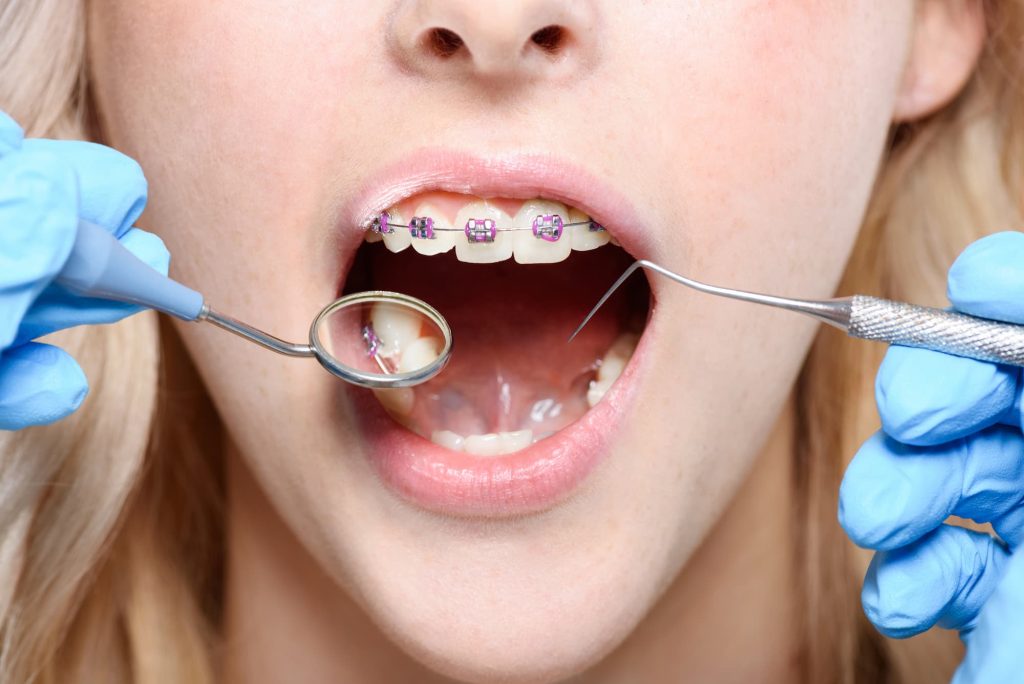
Broken orthodontic appliances
We understand the inconvenience and discomfort that can arise from broken orthodontic appliances such as fixed wires. Our experienced team is here to provide prompt assistance and repair for any issues with your clear aligners or other orthodontic devices. Whether it’s a broken wire or discomfort from shifting appliances, we offer comprehensive care to address your concerns efficiently. By utilizing advanced techniques and state-of-the-art equipment, we ensure that your orthodontic treatment progresses smoothly and effectively.
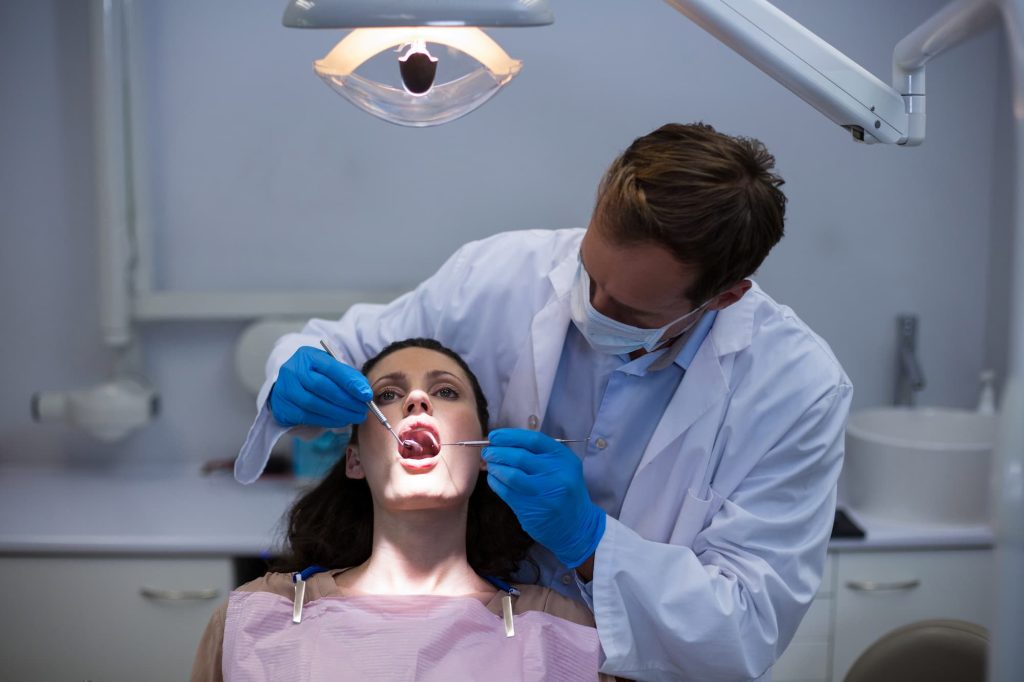
Severe bleeding from the mouth
Upon arrival at our practice, you will receive prompt and compassionate care to address the underlying cause of the bleeding. Whether it’s due to trauma, periodontal disease, or another oral health issue, we will assess the situation thoroughly and take swift action to stop the bleeding and ensure your comfort. If you are able to use a clean piece of gauze or cloth and apply firm pressure to the bleeding area. Hold it in place for at least 10-15 minutes. Avoid constantly checking to see if the bleeding has stopped, as this may disrupt clot formation. Contact your dentist or go to the nearest emergency room immediately if the bleeding is severe, persistent, or accompanied by other symptoms such as dizziness, fainting, or difficulty breathing.

Impacted wisdom teeth
Impacted wisdom teeth are third molars at the back of the mouth that don’t have enough space to emerge properly or at all. They become trapped (impacted) within the jawbone or gum tissue, causing various issues such as pain, infection, and damage to surrounding teeth. Impacted wisdom teeth can lead to complications such as tooth decay, gum disease, cysts, and even damage to adjacent teeth or bone. In the interim, try maintain excellent oral hygiene including gentle warm salty rinses, take over the counter pain relief and apply a cold compress to reduce the swelling and numb the area. Your dentist will examine the condition of your wisdom teeth and recommend the appropriate course of action, which may include extraction of the tooth
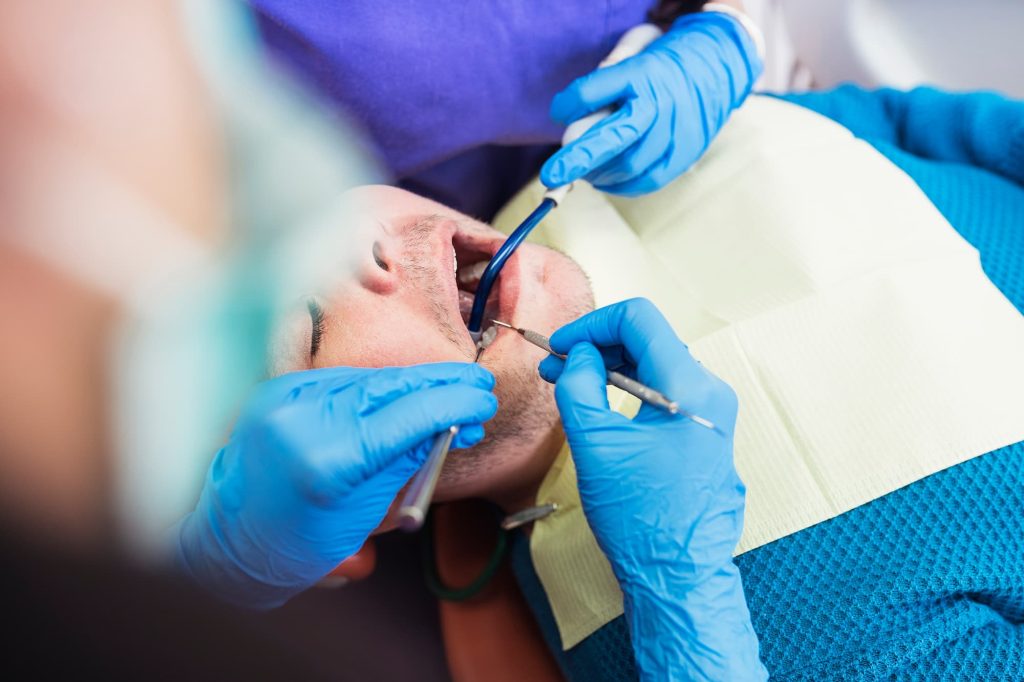
Emergency root canal treatment
This is a dental procedure performed to alleviate severe pain and infection caused by damage or decay that has reached the innermost part of the tooth, known as the pulp. The pulp contains nerves, blood vessels, and connective tissue, and when it becomes infected or inflamed, it can cause intense pain and lead to abscess formation if left untreated. A full treatment of root canal therapy requires three visits. Emergency root canal therapy involves removing the infected or damaged pulp, cleaning and disinfecting the root canal system, and sealing it to prevent further infection. Contact us for further advice if you think you may require the first stage of root canal treatment.

